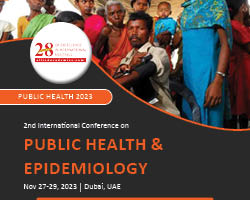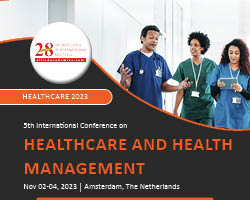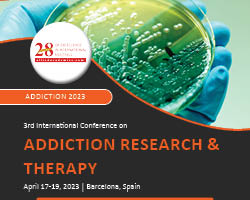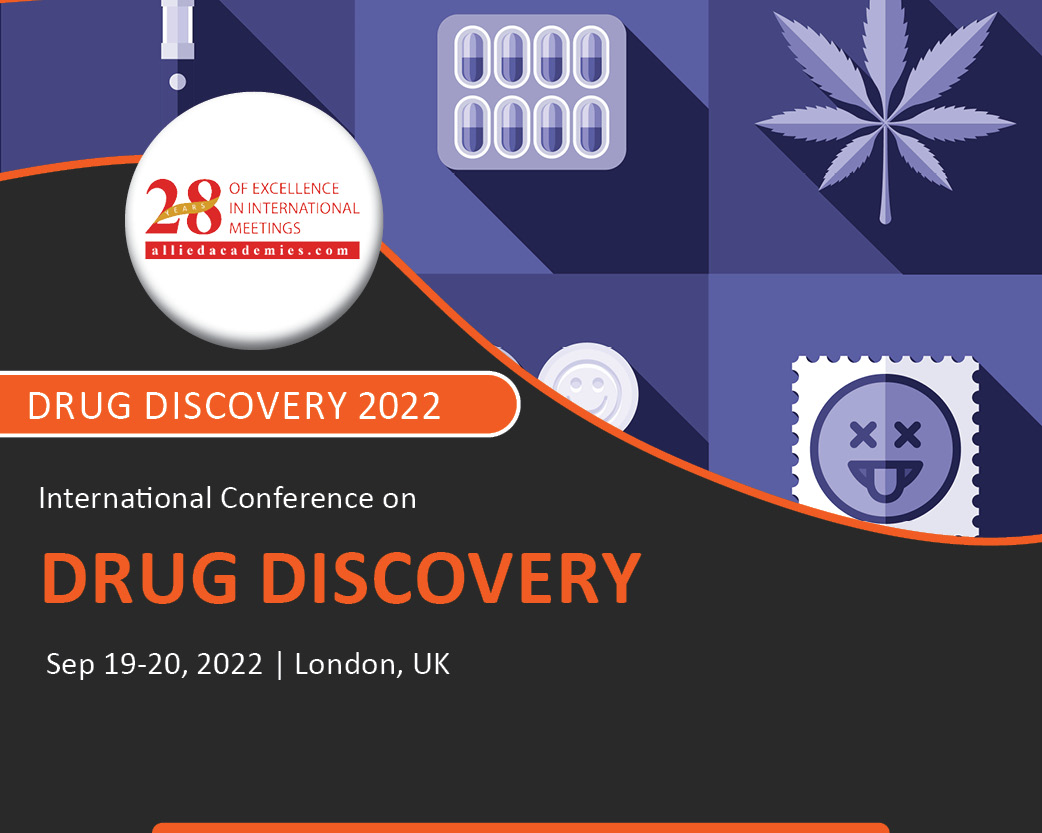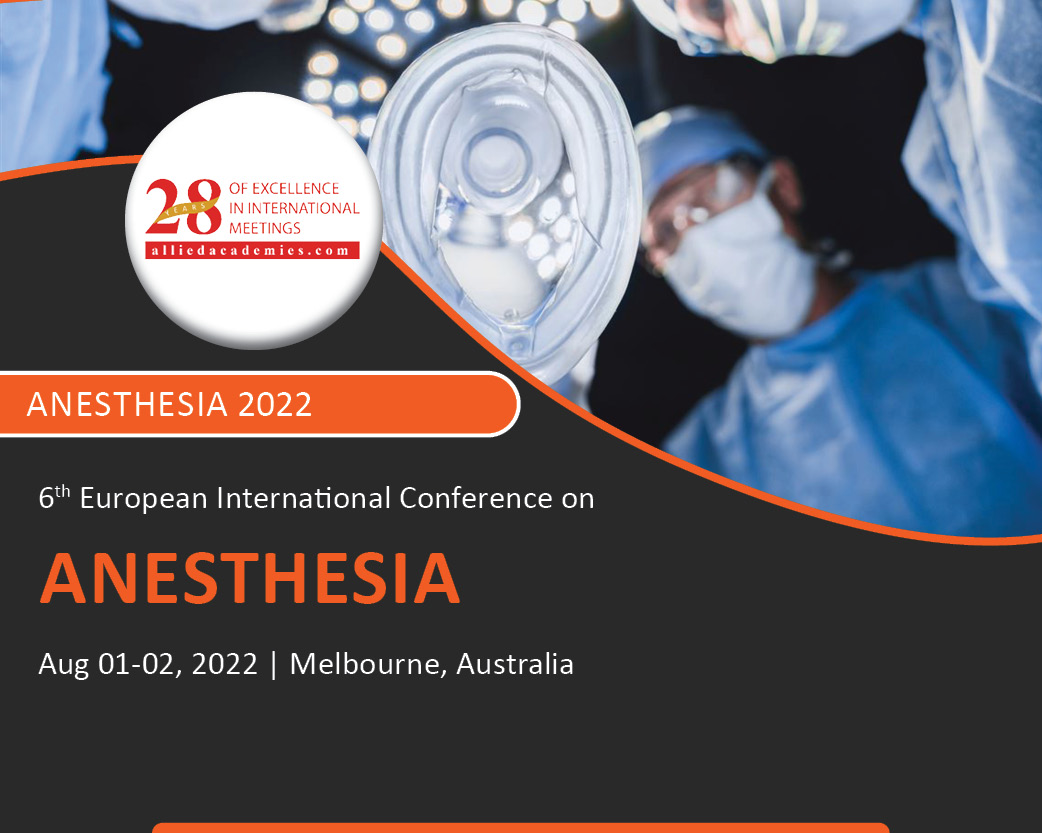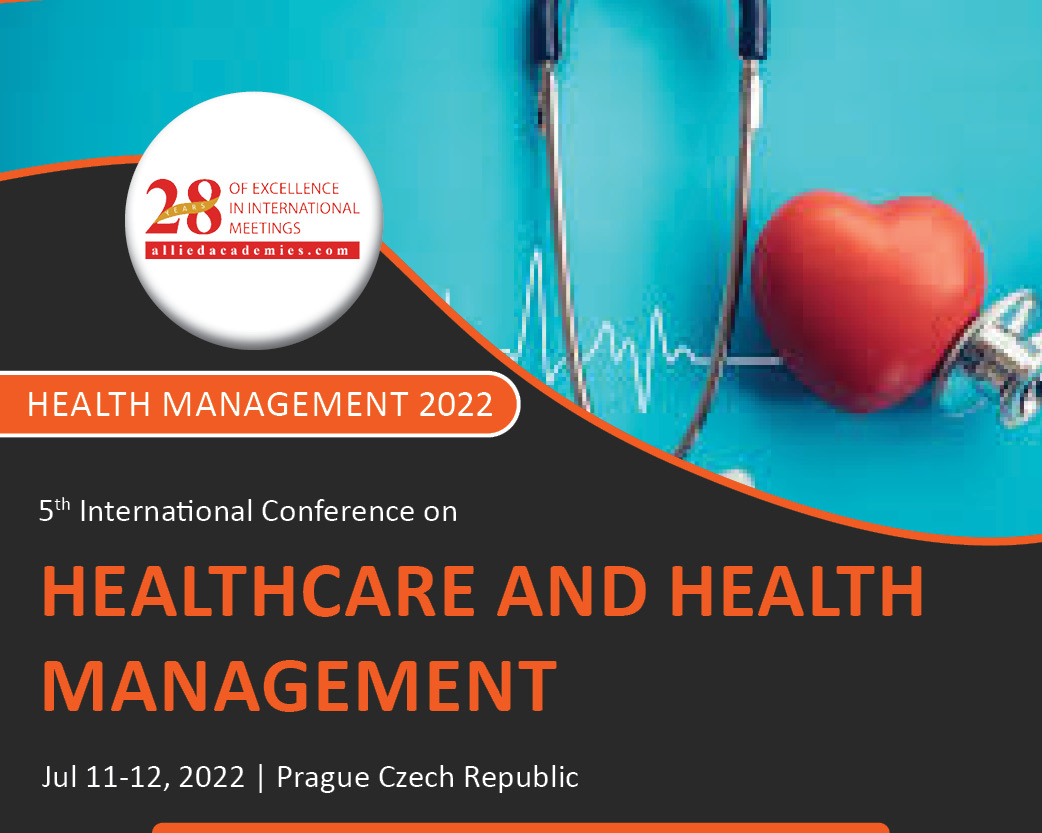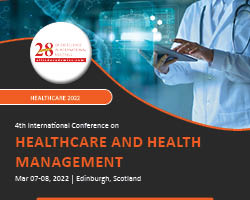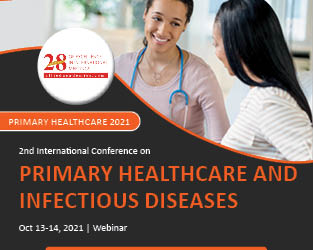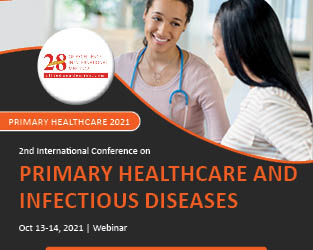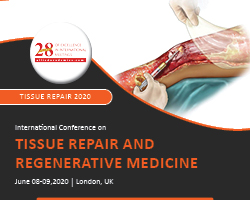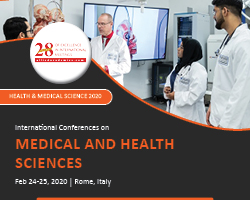2026 Conferences
2024 Conferences
2023 Conferences
2022 Conferences
2021 Conferences
2020 Conferences
Allied Academies Conferences is delighted to host you all this year at the Healthcare Management Conferences series. Considering it is one of the biggest sectors of today’s times, we strive to bring together the best minds of health and medical sciences to facilitate innovations and better solutions for times of crisis. As the saying goes, ‘Healthy body is the home for a healthy mind’, we make it a priority to bring out the best of the biggest sector – the health sector for the betterment of humans. Everything we ever do is aimed at a better and comfortable living and having good health is the best way to begin.
Health is the state of being fulfilled physically, mentally, andsocially, allowing an individual to prosper. Instead of saying the absence ofinjury or disease, health indicates fullness and wellness of self. Largenumbers of people are ill, but they do not realize it. A healthy-looking bodydoesn’t mean the individual is healthy. A stress-free and depression-free mental health are also necessary to becalled healthy. Many times, although effective medicines and therapies areavailable, some individuals either do not have access to the treatment or donot receive it on time.
To try and prevent this Allied Academiesconducts HealthcareManagement Conferences globally every year to increase the awareness ofdiseases with their symptoms and improve knowledge of primary care andtreatment options available. Ultimately healthcare professionals, communitiesand patients can only make informed decisions if they have the right knowledgeand information.
Health science contains avariety of sub-disciplines, all of which are relates to the application ofscience to the health sector. Both modern and alternative medicine can be consideredhealth sciences because they play a key role in the health of mankind. From asfar as we can remember, humans have always had to deal with sickness, big orsmall, and it is evident that health sciences have existed for as long ashumans have.
Death rates have decreased dramatically with the increase ofR&Ds in the healthcare sectors. Although we have seen fantastic evolutionsof healthcareconferences, we are still not disease-free. We have a long way to go beforemankind becomes painless and disease-free. The entry of the IT sector into thehealthcare sector has again lead to a lot more innovations than ever.
According to CDC statistics, 600,000 people in the United Statesdie every year due to heart attacks. As recorded, the healthcare cost in theUnited States was $3 trillion, which sums up to about 20% of the total GDP. Asthe demographics evolve, these figures are expected to top $4.3 trillion. Thisis why the emphasis on healthcare and preventive medicine is alarminglynecessary. When people take better care of themselves, they are less likely tofall sick, and they therefore place less tension on the healthcare system.Emerging Trends in the healthcare sector are all set toleverage the benefits of cutting-edge technology like Artificial Intelligence,three-dimensional (3D) imaging, and healthcare IT to enhance care delivery, andreduce healthcare costs.
Allied Academies Conferences brings together coteries who arewell-versed in making people’s lives easier. They are handpicked to deliversharp talks and come together to discuss life-changing researches. Attendeesfrom over 40 countries participate to access the plenary talks, keynotes,workshops, symposiums, posters, oral presentations and Young Research Forum. Itis important to sensitize the young generation with personal and social hygienefor them to grow up to be a healthy generation.
The overall goal of Healthcare ManagementConferences is the betterment of human health through medical research.Attending our international healthcare management conferences can be rewardingsince you unite with the globe as one towards a common goal a healthytomorrow.
Attending CPD-accredited Allied AcademiesHealthcareManagement Conferencesgives you access to an international platform withquality proceedings like never before. Promoting awareness about health issuesand its preventative measure has become vital today. It is necessary to keep instep with the innovations shaking the world and solutions curing the incurable.Bringing your research to global attention will give you a fresh perspectivealong with professional exposure. We have seen network building and ideasigniting. We run for a single cause – a healthy tomorrow for everyone a like.Join us on this journey.
In today's world, healthcare refers to any component, service, or gadget that helps you take care of your health. Governments, legislators, political ideologues, third parties, and the media have all used it to easily and elegantly define whatever they wish to give you. These middlemen, whether government or insurers, dilute the quality of the actual health service you can obtain merely by being involved.
Healthcare is a whole ecosystem with many unique moving elements that are only connected by the existence of the patients. It is not something that can be given, bought, or sold. Each patient will have a landscape tailored to their specific needs, which will evolve over time.
All goods, services, and payment mechanisms for achieving and maintaining one's health are included in the greater healthcare environment. Physician offices, hospitals, labs, radiology centres, physical therapy offices, pharmaceutical companies, pharmacies, and now health insurance companies, group purchasing organisations, pharmacy benefit managers, corporate healthcare systems, and combinations of insurance/PBM/pharmacy, among other things, are all included. Health insurance began as a low-cost stop-gap/stop-loss tool to assist individuals in mitigating significant life-threatening health-risk expenses, such as those incurred as a result of disease or trauma.
Health insurance has grown bloated, expensive, inefficient, and difficult to access and utilise as a result of 100 years of government meddling, law, and health policy. After being subsidised by the government for over a century, health insurance has evolved into the definition ofhealthcare. Health insurance is merely a third-party payment method, not health orhealthcare. A health system is made up of all organisations, individuals, and actions with the primary goal of promoting, restoring, or maintaining health. Efforts to alter health determinants as well as more direct health-improving behaviours are included.
A mother caring for a sick kid at home, for example, is included, as are private providers, behaviour change initiatives, vector-control campaigns, health insurance companies, and workplace health and safety legislation. It includes health professionals taking cross-sectoral action, such as lobbying the ministry of education to boost female education, which is a well-known determinant of improved health.
A health care system, is a collection of people and resources that provide health care services to satisfy the requirements of certain populations. There are as many health systems as there are countries on the planet, each with its own history and organisational structure. Implicitly, nations must construct and develop health systems in accordance with their requirements and resources, yetprimary health careandpublic healthinitiatives are common features in nearly all health systems.Health systemplanning is dispersed among market competitors in several countries. In others, governments, trade unions, charities, religious organisations, or other coordinated bodies work together to give plannedhealth care servicesto the populations they serve.
Some of the topHealthcareIndustries are CVS Health Corp (CVS), UnitedHealth Group Inc (UNH), McKesson Corp (MCK), AmerisourceBergen Corp (ABC), Cigna Corp (CI), Cardinal Health Inc (CAH), Walgreens Boots Alliance Inc (WBA), Anthem Inc (ANTM), Johnson & Johnson (JNJ), Centene Corp (CNC). The best Universities include Harvard University, University of Oxford, University of Cambridge, Stanford University, Johns Hopkins University, Karolinska Institute, University of California, Los Angeles, University College London, Yale University, Imperial College London, University of California, San Francisco. The top Healthcare Associations around the world are Academy of Nutrition & Dietetics, American Academy of Ambulatory Care Nursing (AAACN), American Academy of Dermatology (AAD), American Academy of Ophthalmology (AAO), American Academy of Otolaryngology–Head and Neck Surgery (AAO-HNS), American Academy of PAs (AAPA), American Academy of Pediatrics (AAP), American Association for Physician Leadership (AAPL), Society for Health Care Strategy & Market Development (SHSMD), National Association for Healthcare Quality (NAHQ).
Global Market
Healthcare Conference|Healthcare Conferences|Primary Healthcare Conference|Public Healthcare Conference|Mental Health Conference|Mental disorders Conference|Neurology Conference|Diabetes Conference|Heart disease Conference|Environmental Health Conference|Oral medicine conference
The worldwidehealthcare industry grew at a compound annual growth rate (CAGR) of 7.3 percent to almost $8,452 billion in 2018, and is predicted to increase at a CAGR of 8.9 percent to nearly $11,908.9 billion by 2022. The rapid expansion of the older population, significant economic growth in emerging nations, a drop in oil prices, and worldwide health insurance changes all contributed to the historic period's growth. Lowhealthcareaccess, a scarcity of competent human resources, the difficulties of manufacturing biologics, and regulatory changes all hampered progress during the historic period.
Expansion will be fueled in the future by faster economic growth, technological breakthroughs, and the rising prevalence of diseases as a result of increasingly busy and sedentary lives. Rising borrowing rates, increased understanding of alternative medicines and natural remedies, governmenthealthcareprovisions, and stringent government regulations are all issues that could hinder the industry's growth in the future.
Healthcare services, pharmaceutical medications, medical equipment, biologics, andveterinary healthcareare the different types of healthcare. The largest segment of the healthcare market in 2018 washealthcareservices, which accounted for 79.4 percent of the total. The pharmaceutical medications, medical equipment, and other segments came after that.
Biologics andveterinary healthcarewill be the fastest expanding segments in the healthcare industry in the future, with CAGRs of 13.6 percent and 10.9 percent, respectively. Following these will come healthcare services and pharmaceuticals, which are predicted to rise at CAGRs of 9.3 percent and 6%, respectively.
Future of Healthcare Management
Healthcare, like many other industries, is about to undergo a period of rapid transformation. Longevity and the advancement of new technology and discoveries – as well as novel combinations of old ones – are just a few of the numerous elements driving patient empowerment, which is fundamentally transforming how we prevent, diagnose, and treat diseases. Patients will benefit from more transparency at every stage of the medical life cycle as a result of technological improvements and acceptance. For years, there has been a chronic lack of clarity regarding specific services and fees, which has resulted in significant issues and misunderstandings. Unfortunately, it's all too usual for patients to be unaware of what medical services are being provided, where they are being provided, when they are being provided, and at what cost. Inhealthcare, modern technology such asartificial intelligence(AI) andmachine learning(ML) will continue to be used for predictive analytics. AI andmachine learningare valuable tools that are continually evolving, and they can help patients make potentially life-saving predictions.


